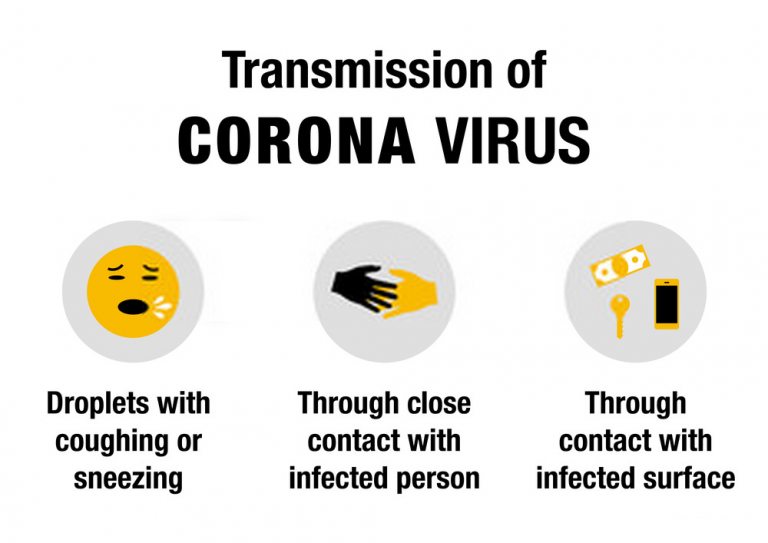The coronavirus has turned into a global pandemic that has spread to almost every country of the world. The exact source of the virus has still not been confirmed. What we do know is that coronavirus infects animals and it has been known to then be transferred to humans. The symptoms of the coronavirus are primarily cough, fever, and respiratory distress. It is known that the symptoms start to appear within 14 days of a person getting infected. The COVID-19 spreads extraordinarily. Unfortunately, there is no effective vaccine or anti-viral medication that has yet been discovered. We have to take other measures to stop the spread of diseases like self-isolation, social distancing, and meticulous hand hygiene habits.
The mode of transmission of COVID-19 is through droplet or aerosol production which happens when an infected person coughs or sneezes. Knowing this, we must keep in mind that the dental procedures have the highest rate of aerosol production and hence the highest chance of transmission of the COVID-19 virus. Therefore, the American Dental Association has released certain guidelines for dentists so that they can prevent the spread of the virus in their clinical setups.
It is extremely important to stop all kinds of non-urgent or elective procedures since dental procedure produces aerosols and it is widely known that there is a global shortage of personal protective equipment that needs to be sent first to the front line health care workers. The dentist should provide urgent dental care to their patients with the goal to alleviate their pain or control the spread of infection to prevent these dental problems from turning into a dental emergency. Dental emergencies include uncontrolled bleeding, the spread of infection that can block the airway, trauma including facial bones. For a dentist treating dental emergencies, he must ask screening questions from the patient like if they have had recent respiratory distress or if they have been in contact with a person who has been diagnosed with COVID-19 or if they have a travel history. At the same time, these emergencies should be treated least invasively and principles of social distancing must be used if more than one patient is present in the clinic.

The advice for the patients should be to first seek advice from their dentist through the phone. A lot of dental procedures are elective which can be postponed until the situation with coronavirus settles down. If a patient is in pain then the first thing to do should be to take the history of the patient and then made a decision on the treatment to be provided based on clinical judgment. We do recommend treating emergency patients but after making sure of the availability of adequate personal protective equipment and a negative pressure room.

We urge all people to practice social distancing in these hard times to prevent the spread of infection. Stay Home, Stay Safe.
Feel free to contact us for any questions regarding your dental pain or discomfort.

